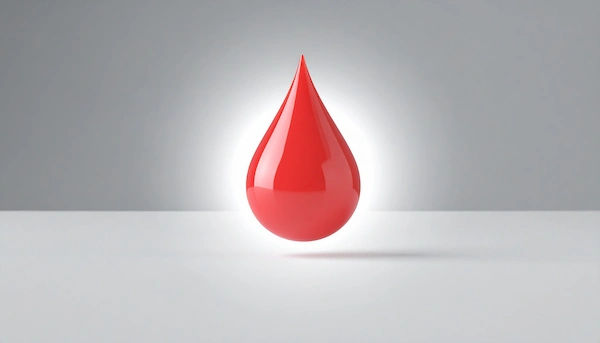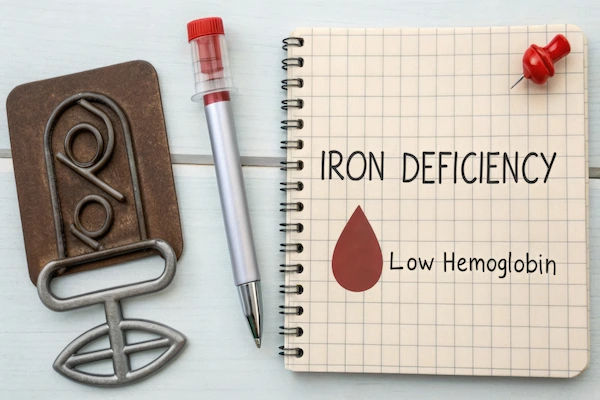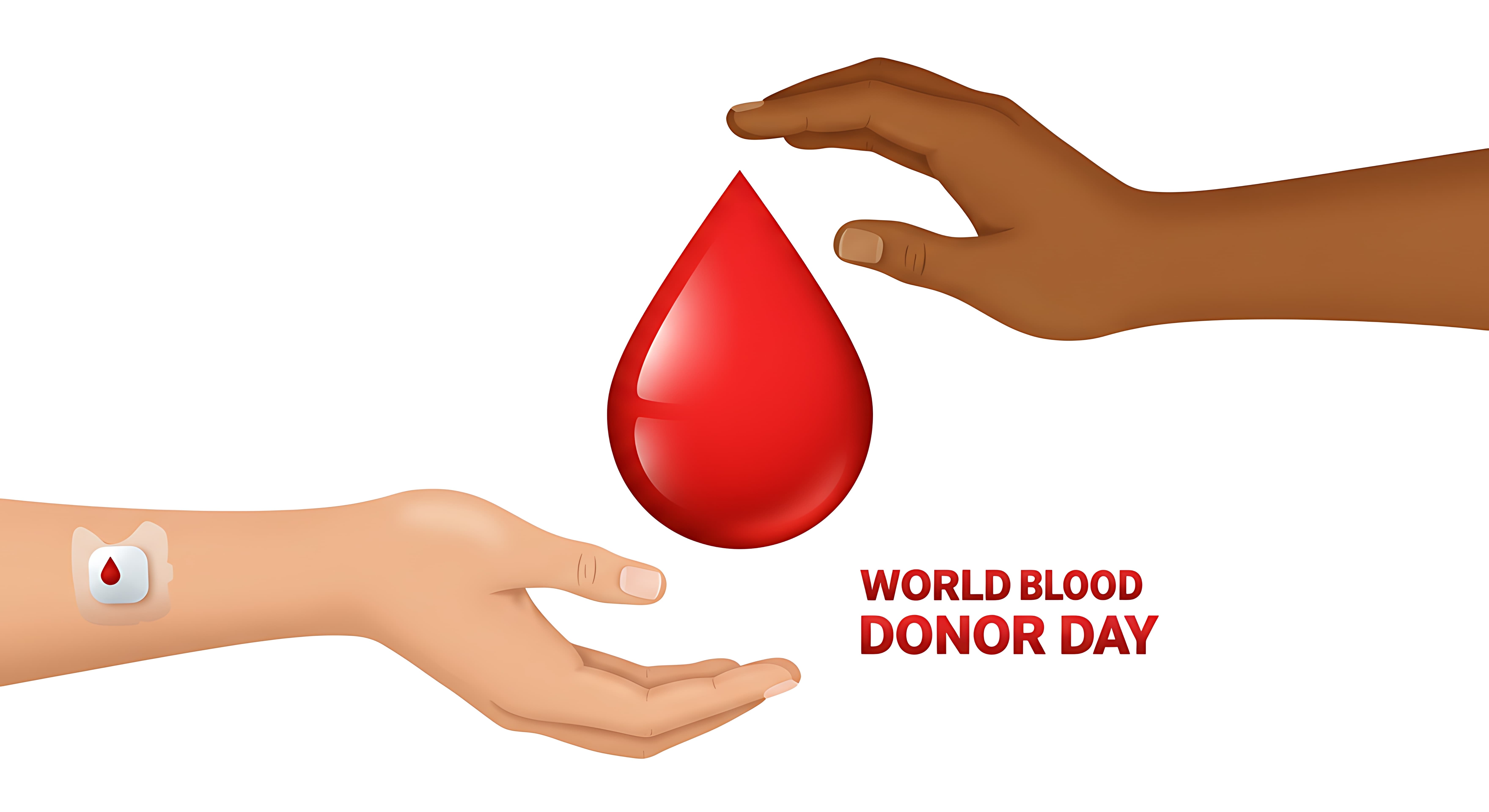- Female
- 36 Years
- 29/01/2025
I'm a bit worried about my health. My neutrophil count is 80, and I've been dealing with some kind of illness. At times, my skin develops these red patches, which seem to stick around for a week or two before slowly changing color. Do you have any idea what might be happening or if there's something I should be doing about this?
More Haematology Health Queries
View allCan blood type change?
No
Answered by 1 Apollo Doctors
I've noticed that my body temperature rises in the evening for an hour or so, then goes back to normal. It's not really a fever, just higher than it should be. I recently found out I have Microcytic anemia. Could there be a connection between the two? I could really use some guidance.
Elevated body temperature in the evening could be related to your Microcytic anemia. It is known that anemia can sometimes lead to a low-grade fever or increased body temperature. I recommend taking a fever reducer like Acetaminophen (Tylenol) 500mg as needed to help with the elevated temperature. However, it's important to consult with your healthcare provider for further evaluation and management of your symptoms.
Answered by 1 Apollo Doctors
I'm kind of freaking out because I've been getting these petechiae spots on my thighs for a couple of months now. I've been looking it up and it keeps linking back to leukemia, which is super scary. Plus, my gums have been bleeding whenever I brush my teeth for a few months too. I did some blood work between noticing the gum bleeding and the petechiae and it came back normal. Could this still be leukemia even if the blood work was okay?
It's understandable to be concerned, but if your blood work was normal, it's less likely to be leukemia. Petechiae and bleeding gums can be caused by several factors, including vitamin deficiencies or gum issues. If the symptoms persist or worsen, its a good idea to follow up with your doctor for further evaluation.
Answered by 1 Apollo Doctors
Disclaimer: Answers on Apollo 247 are not intended to replace your doctor advice. Always seek help of a professional doctor in case of an medical emergency or ailment.





